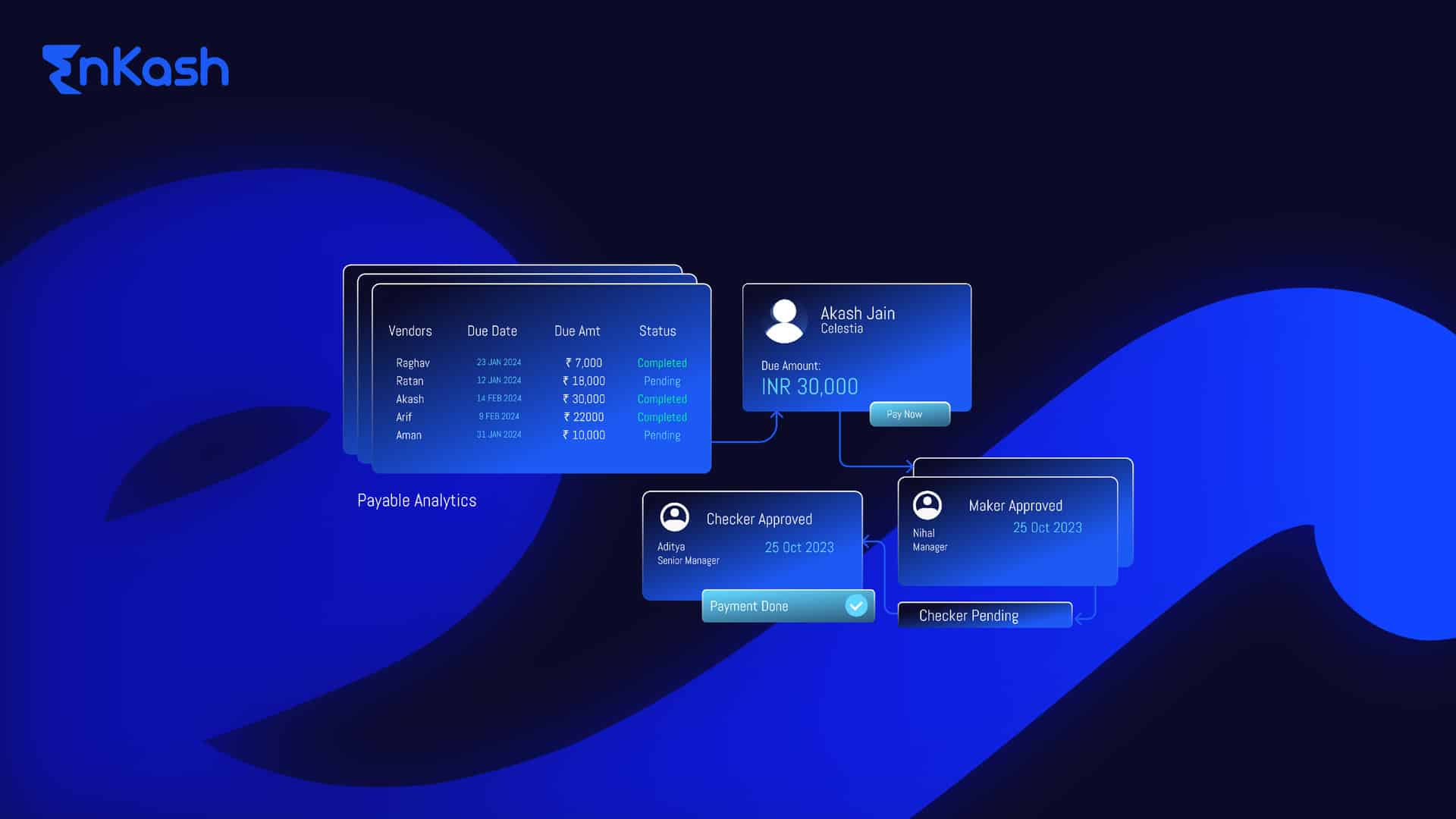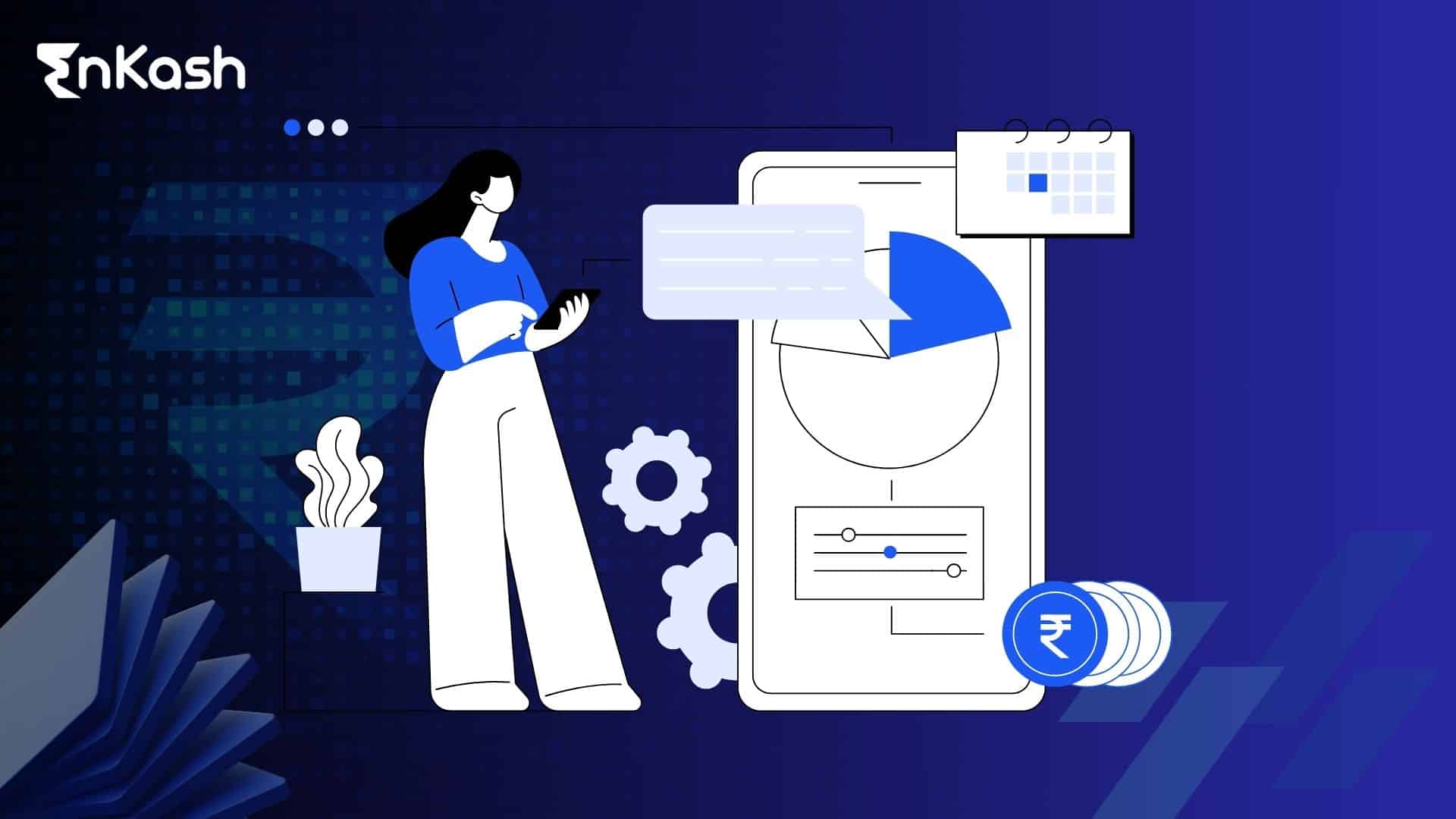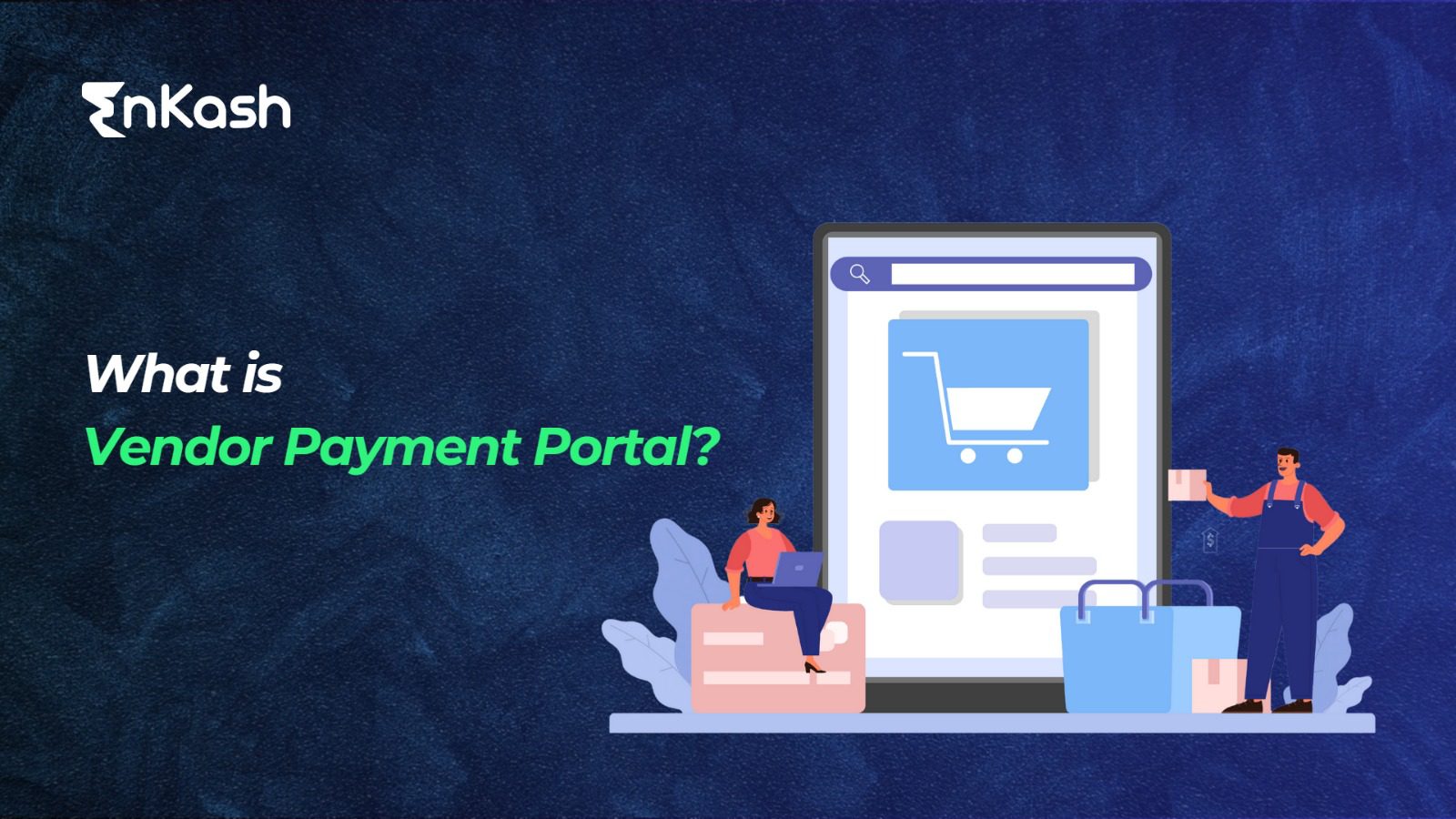In today’s digital age, online money transfer has revolutionized the way we send and receive funds. With just a few clicks, individuals can securely transfer money to bank accounts, make online payments, and send funds across borders. However, it is crucial to understand the dos and don’ts of online money transfer to ensure a smooth and secure transaction. This guide will walk you through the essentials of online money transfer and provide valuable insights into best practices. So, let’s dive in!
What is Online money transfer and how it is different from traditional money transfers?
Online money transfer refers to the process of electronically sending funds from one individual or entity to another through digital platforms or services. It eliminates the need for physical cash or paper checks, providing a convenient and efficient way to transfer money domestically or internationally.
Key differences between online money transfer and traditional money transfer
- Convenience: Online money transfer allows users to initiate transactions anytime, anywhere, as long as they have access to the internet. Traditional money transfers often require physical presence at a bank or remittance center during limited operating hours.
- Speed: Online money transfers are typically faster compared to traditional methods. Transactions can be processed and completed within minutes or hours, depending on the service provider and destination. Traditional transfers, such as bank wire transfers or sending money by mail, can take several days or even weeks to reach the recipient.
- Accessibility: Online money transfer services are widely accessible to anyone with internet connectivity and a bank account or payment account. Traditional money transfers may have limitations in terms of accessibility, especially in remote areas or countries with limited banking infrastructure.
- Cost: Online money transfer services often offer competitive fees and exchange rates, especially when compared to traditional methods such as wire transfers or money orders. Traditional transfers may involve higher fees, intermediary bank charges, and unfavorable exchange rates, which can significantly impact the overall cost.
- Security: Online money transfer platforms implement robust security measures to protect users’ financial information and transactions. Encryption, secure authentication, and fraud detection systems are commonly employed. Traditional transfers may be vulnerable to theft, loss, or counterfeit currency, particularly when cash is involved.
- Tracking and Transparency: Online money transfer services provide users with transaction receipts, reference numbers, and real-time tracking capabilities. This allows senders and recipients to monitor the progress of their transfers and have a clear record of the transaction. Traditional transfers may lack the same level of transparency and tracking mechanisms.
- Integration with Digital Services: Online money transfer services often integrate with other digital services, such as mobile wallets, online shopping platforms, or bill payment systems. This seamless integration provides users with a comprehensive financial ecosystem and simplifies various transactions. Traditional transfers may not offer the same level of integration and convenience.
What are the dos and don’ts of Online Money Transfer?
Below mentioned are the dos and don’ts which need to be ensured while doing online money transfer:
Dos of Online Money Transfer
- Research and choose a reputable service provider: When it comes to online money transfer, trust is paramount. Conduct thorough research and select a trusted service provider that offers secure and reliable transfer options. Look for companies with positive customer reviews and robust security measures to safeguard your funds.
- Verify recipient details: Before initiating any transaction, ensure that you have accurate recipient details, including their bank account number, full name, and correct contact information. Double-checking this information will help avoid potential errors or delays in the transfer process.
- Use secure internet connections: Always perform online money transfers using secure internet connections, preferably on private networks. Public Wi-Fi networks can be vulnerable to hacking, so it is advisable to avoid using them when making financial transactions.
- Keep track of transaction receipts: Maintain a record of all transaction receipts, including confirmation numbers, reference numbers, and other relevant details. These records can serve as proof of transfer and can be useful for dispute resolution or tracking purposes.
- Review transaction details before confirming: Take a moment to carefully review the transaction details before finalizing the transfer. Check the recipient’s information, transfer amount, fees, and any additional terms or conditions. This step ensures accuracy and helps prevent any unintended mistakes.
Don’ts of Online Money Transfer
- Share sensitive information: Never share your account credentials, personal identification numbers (PINs), or passwords with anyone. Legitimate service providers will never ask for such information via email, phone calls, or other unsecured channels. Be cautious of phishing attempts and protect your sensitive data.
- Rely solely on email communication: Online money transfers may involve communication with customer support representatives. While email is often used for this purpose, it is advisable not to rely solely on email correspondence. If possible, use the service provider’s secure messaging platform or phone support for more immediate assistance.
- Ignore transaction fees and exchange rates: Before initiating an online money transfer, pay attention to the associated fees and exchange rates. Ignoring these details may lead to unexpected costs and a lower value received by the recipient. Compare different providers and choose the one that offers competitive rates and transparent fees.
- Rush through the process: Take your time when initiating an online money transfer. Rushing through the process may lead to errors or incomplete information, resulting in transaction delays or even loss of funds. Patience and attention to detail are key to a successful transfer.
- Overlook security measures: Ensure that the service provider you choose implements robust security measures, such as encryption and multi-factor authentication. These measures add an extra layer of protection to your online transactions, safeguarding your sensitive information from unauthorized access.
How does EnKash keep your Online money transfer secure?
EnKash plays a vital role in online money transfer by offering a secure and reliable platform for individuals and businesses to send and receive funds. With its robust security measures and user-friendly interface, EnKash ensures that online money transfers are safe and protected from potential risks.
Also Read: Different Payment Modes In India
Firstly, EnKash prioritizes the security of its users’ transactions. The platform utilizes advanced encryption protocols to safeguard sensitive information, such as personal details and financial data. This encryption ensures that the data transmitted during online money transfers remain confidential and protected from unauthorized access. By implementing stringent security measures, EnKash minimizes the risk of fraud and identity theft, providing users with peace of mind when conducting financial transactions online.
Conclusion
Online money transfer offers a convenient and efficient way to send and receive funds in today’s digital world. By understanding the dos and don’ts, you can ensure the security and accuracy of your transactions. Remember to choose a reputable service provider, verify recipient details, use secure internet connections, and keep track of transaction receipts. Avoid sharing sensitive information, rely on secure communication channels, and review transaction details before confirming. EnKash, with its robust security measures and encryption protocols, provides a secure platform for online money transfers. By following these guidelines and leveraging the right service, you can enjoy the benefits of online money transfer with confidence and peace of mind.













